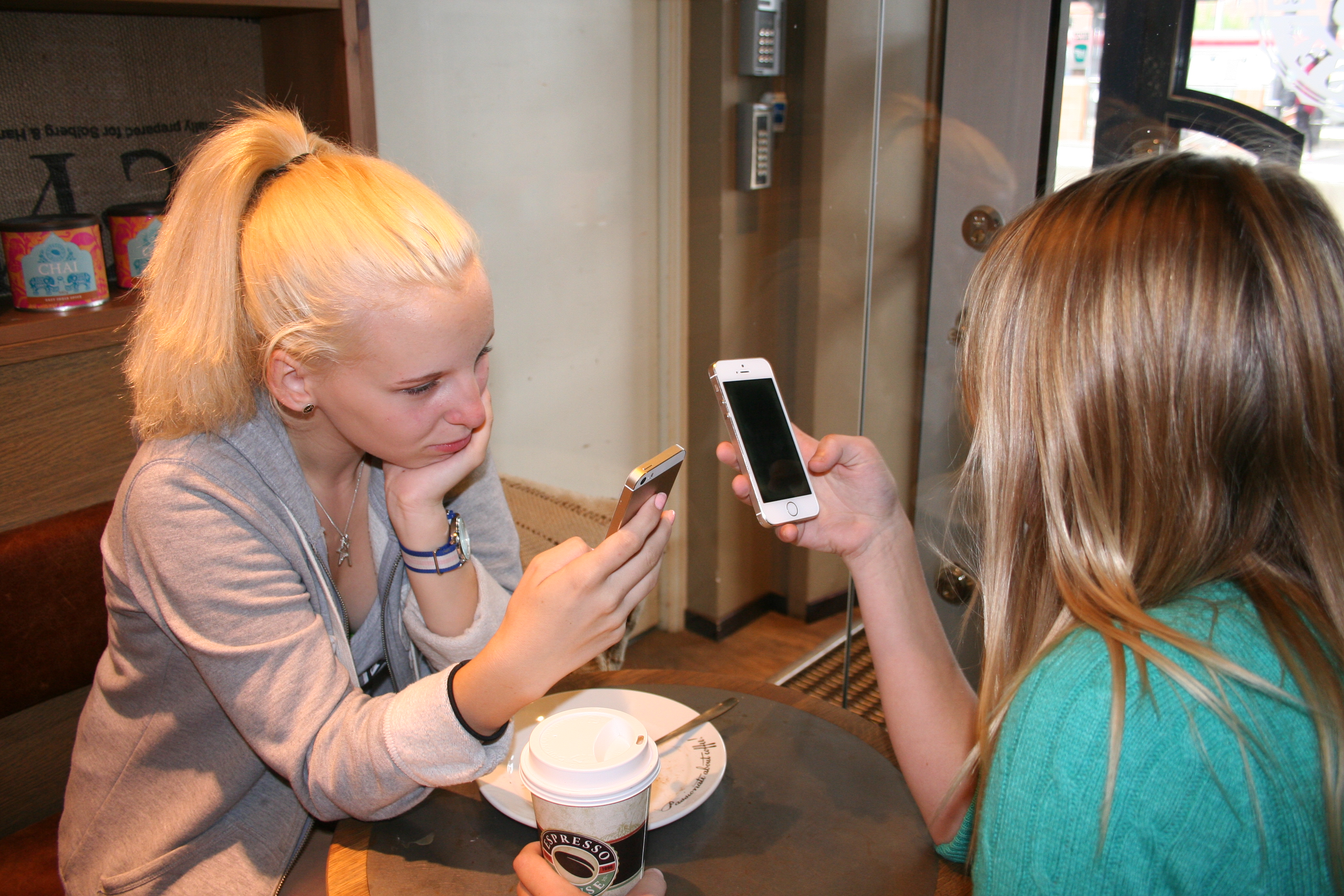Linköping University has a strong profile in the research field of conversation and interaction. Apart from spoken language, our researchers analyse bodily communication such as looks, gestures and the use of space; this can relate for example to social interaction in different pedagogical contexts, from the traditional classroom to dance and driving lessons, to gain a more realistic understanding of language as an aspect of human behaviour, and be able to better assess and teach specific language skills to different groups in society.
In addition to Swedish: French, German, English and Estonian languages are researched. Some researchers also study translation.
Language research at LiU is also about the relationship between languages, culture and society. For instance we investigate how people's conversation patterns have been influenced by different ways of furnishing the living room over the years, or how the message in oil advertising has changed due to growing concerns over climate change.
Some people have difficulties with voice, speech, language, swallowing and communication. In logopedics we increase our understanding of the condition, improve assessment and diagnosis criteria and develop reliable treatment methods. Scientists at Linnaeus Centre HEAD generate new knowledge which helps people with a hearing impairment in their everyday life. Human hearing plays an important role in communication with others.
In computer science researchers study communication from yet another perspective: they develop algorithms and systems to analyse language. Our researchers produce computer models of linguistic processes which can be used for information retrieval, creating easy to read text, translation and terminology work.



